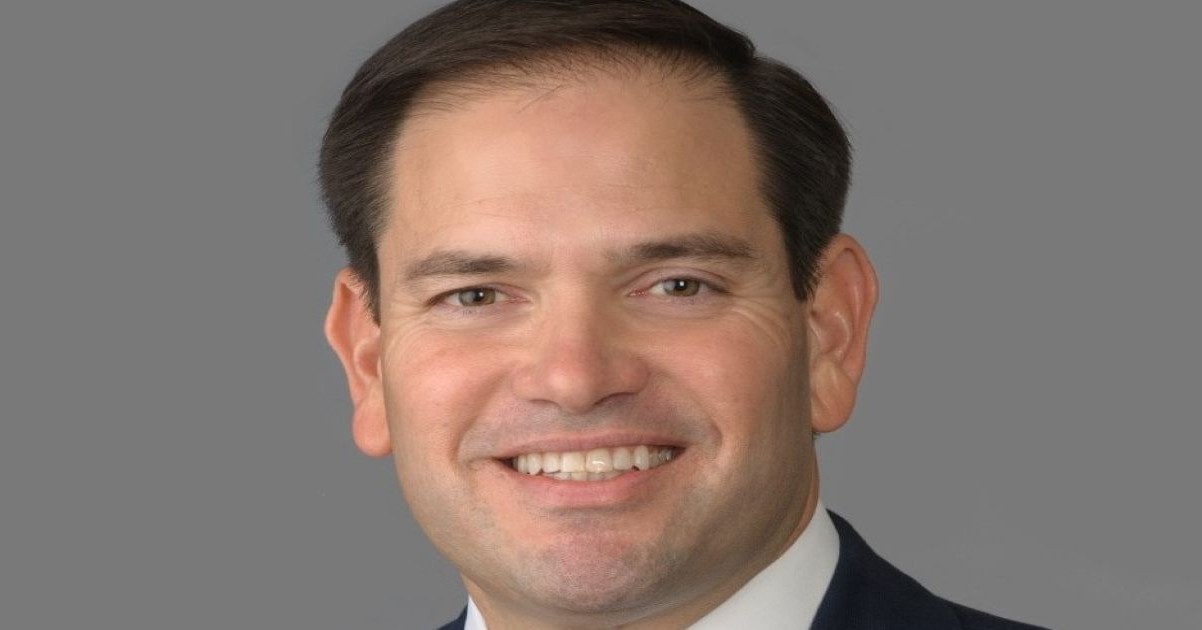Leaks and sources indicate Chief Justice Roberts responsible for Trump's trio of Supreme Court wins
It would appear that the U.S. Supreme Court has once again been plagued by previously unprecedented leaks of inside information that have shed light on the otherwise secretive deliberations of the nation's highest judicial body.
What the leaks, and subsequent interviews with alleged anonymous sources within the Supreme Court, revealed is that Chief Justice John Roberts took charge of and authored the three major decisions involving former President Donald Trump in the most recent term, according to The New York Times.
Those three cases involved ballot access and the 14th Amendment, Jan. 6 Capitol riot-related obstruction charges, and presidential immunity, and there is broad consensus that thanks to Roberts and his written opinions, Trump prevailed on all three of those important matters.
Presidential immunity
The new alleged leak at the Supreme Court revolves around a February memo Chief Justice Roberts sent to the other justices after former President Trump asked the court to review the presidential immunity question, in which Roberts slammed the district and appellate courts for getting it wrong with dismissals of Trump's claim and giving a preview of how he would ultimately decide the matter.
That memo reportedly sparked an intense debate among the justices about how to proceed, with the three liberal justices arguing Trump's request should be denied and the appellate ruling allowed to stand, though if the case must be heard, it should be dealt with quickly so the underlying federal prosecution of the former president could get back on track before the November election.
The court's conservatives, on the other hand, insisted that the matter was of great importance and must be heard, though they suggested delaying the case until the fall term, potentially even after the election was held, to not appear political or have an influence on the election.
In the end, Roberts accepted and fast-tracked the case and -- after reportedly rejecting a compromise position offered by Justice Sonia Sotomayor -- ultimately ruled on July 1 that former presidents like Trump enjoy absolute immunity from criminal prosecution for their "core constitutional duties," presumptive immunity for all other "official acts," and no immunity for unofficial or private acts.
Ballot access and the 14th Amendment
According to The Times and its anonymous sources, things played out differently with the ballot access case known as Trump v. Anderson, which involved Democratic officials in Colorado using the "insurrectionist" provision of the U.S. Constitution's 14th Amendment to bar former President Trump from appearing on the state's GOP primary and general election ballots.
That unsigned order was reportedly authored by Chief Justice Roberts, and he was said to have gone out of his way to ensure that it was a unanimous decision by reaching out to each justice individually and crafting an opinion that took all of their thoughts on the matter into account.
In that ruling, it was decided that only Congress, and not the individual states, could enforce the 14th Amendment clause cited by Trump's political opponents to keep him off the ballot over his alleged role in the Jan. 6 Capitol riot.
Jan. 6-related obstruction charges
Perhaps the biggest bombshell from The Times article was the revelation of how the biased media potentially impacted and changed the Supreme Court's ruling in Fischer v. United States, which involved a challenge by Jan. 6 defendants against the broad overuse by federal prosecutors of an obscure white-collar obstruction charge that carried a hefty prison sentence.
Per The Times' sources, that case was originally assigned by Chief Justice Roberts to Justice Samuel Alito but was taken back and authored instead by Roberts after biased media reports surfaced of an upside-down American flag flying at the Alito home after the Capitol riot -- with the implication being that Alito supported the riot since some of the rioters had similarly carried the historic symbol for a nation in distress.
It is unclear how Alito's opinion may have differed from that of Roberts, who ultimately decided that federal prosecutors had likely gone too far in using the obstruction charge against hundreds of Jan. 6 defendants -- not to mention how Special Counsel Jack Smith also pressed the same charge against former President Trump in his 2020 election-related federal indictment.
In the end, that case -- along with the Colorado ballot and presidential immunity cases -- was declared a win for Trump by analysts across the spectrum, and based on The Times' reporting, it would seem that Trump owes Roberts a debt of gratitude for that trio of miraculous legal victories at the highest level.




